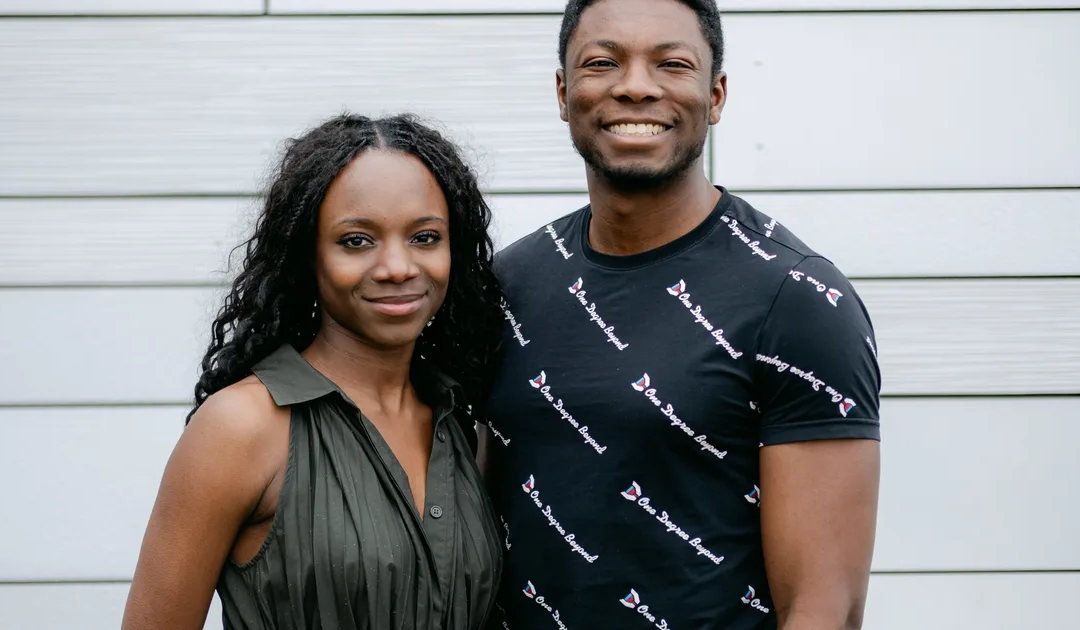Harvard Graduate’s Hair-Braiding Robot Takes Top Prize In Startup Competition

A hair-braiding robot designed to cut styling time in half has won the President’s Innovation Challenge, a startup competition organized by Harvard Innovation Labs competition. Created by Harvard Business School alumni Yinka Ogunbiyi and David Afolabi, the Halo Braid robot aims to make the centuries-old art of braiding faster, more efficient, and more affordable for both stylists and clients.
The 2025 President’s Innovation Challenge
Hosted at Harvard, the the President’s Innovation Challenge invites students and alumni from its 13 schools to showcase groundbreaking ideas with the potential to transform industries. In the Alumni + Affiliates Open Track, the top honor was awarded to the trailblazing Halo Braid.
The pitch drew attention by speaking about the experience traditional hair-braiders face today. “What if every time you got your hair cut, it took six hours, cost $200 to $300, and gave your hair stylist arthritis at age 29? This is what it’s like to get your hair braided. And I know this first hand because I’ve worn braids all my life,” Ogunbiyi told a captive audience.
“Hair braiding is now the most popular hairstyle for 20 million Americans who experience this miserable process every eight weeks. And yet, braiding hasn’t seen innovation since braiding was invented 5000 years ago.”
Hair-braiding robots
The patent-pending hair-braiding robot supports stylists by completing the braids they start. This innovation significantly reduces styling time—saving hours—and allows both braiders and clients to spend less time in the salon while achieving the desired protective style.
“Stylists start the braid. Halo finishes it. We reduce braiding time from hours to minutes, making braiding joyful, not painful, and allowing a stylist to grow their business without destroying our hands,” Ogunbiyi said.
The braiding landscape is changing
Halo Braid isn’t the only company trying to change the Black hair world. Rebundle, the first US-based, plant-based braiding hair company, now has a patent for its flagship innovation. In June, the brand’s founder, Ciara Imani May, announced that the company learned the United States Patent and Trademark Office approved Rebundle’s patent for its hair extension line called braidbetter.
Many popular brands of synthetic braiding hair, human-made extensions contain volatile organic compounds (VOCs), human-made chemicals found in paints, industrial solvents, and other products, according to a study by Consumer Reports (CR).
After May noticed that synthetic braiding hair was making her scalp feel itchy and inflamed, she created a healthy hair alternative that benefits not only the human body but also the environment.
Image: Yinka Ogunbiyi and David Afolabi,



